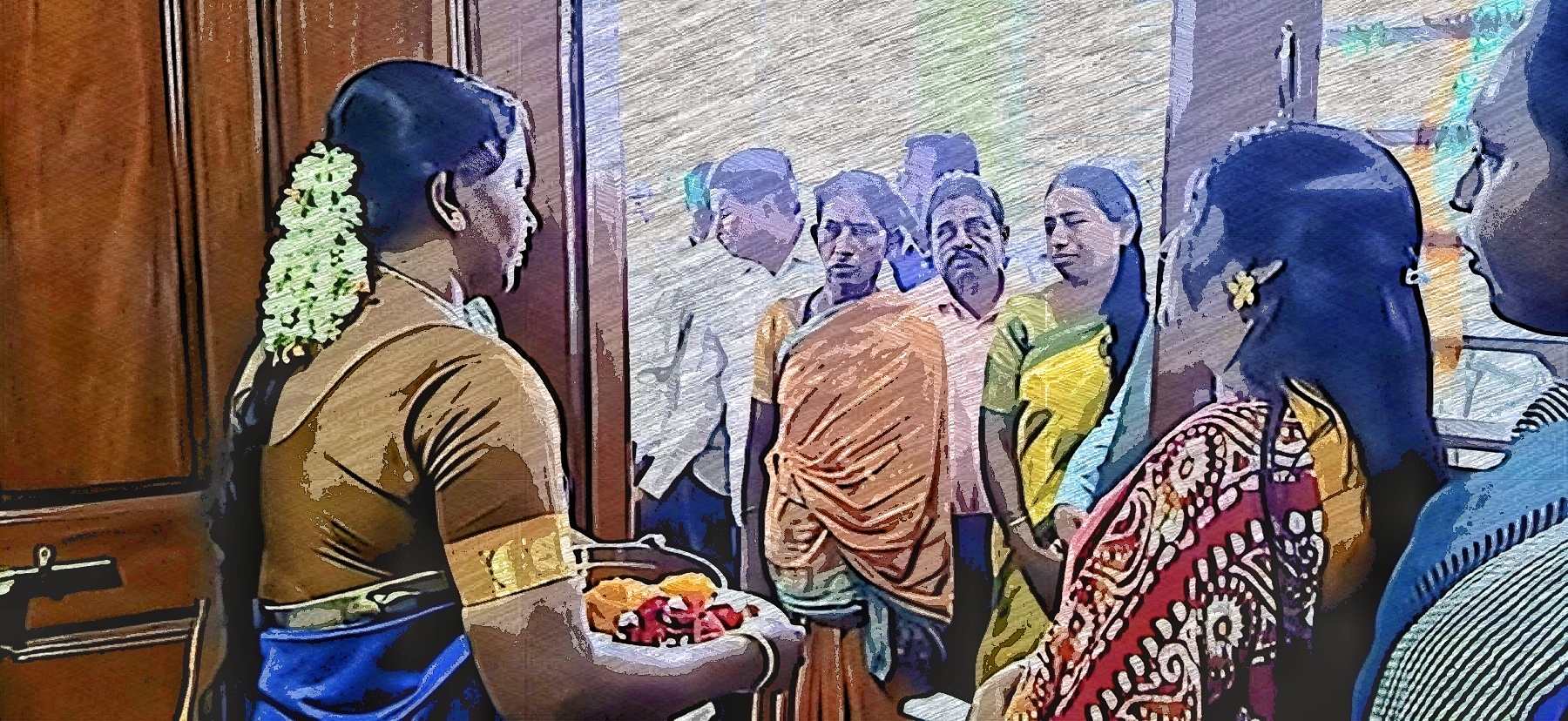Kolar district, bordering Andhra Pradesh has one of the highest concentrations of Scheduled Castes and Scheduled Tribes in the state, and form a third of the district’s population of 15.4 lakh. Among the upper castes, it is the Vokkaligas and Kurubas (OBC) who dominate. But in southern India, Mulbagal-based Shivappa says that the hierarchies are different from those in the northern part of the country and that all of these needed to be addressed: “Here Kshatriyas are very few in number, as are the Brahmins. But like these communities, the backward classes too practice forms of untouchability against the SCs and STs. they will not allow people of lower castes to enter their houses.” A lecturer himself, Shivappa says he Is saddened when even educated people are unable to see beyond caste, and added that sustained efforts were necessary to break down boundaries. “No honest attempt has been made by anyone, even by the government. this is a 1,000-year-old practice. It will not go away overnight, but if serious, continuous attempts are made, we can achieve it.” this isn’t a token attempt at breaking caste barriers. For one-and-a-half years, a motely group of people in the villages of Kolar district are working “part-time” to make a dent in high walls of caste that surround many Indians, starting with their own homes. In April, its founder G Shivappa had told the News Minute that they called it “Dalit Grihapravesha”, a programme with which he and his friends hoped to strike at the manner in which everyday caste differences and discrimination are practiced: in the prevention of entry into one’s home, and in not eating with a person who belongs to certain castes, especially the Scheduled Castes or Scheduled Tribes. the programme started on June 30, 2014, and since then it has been one step forward, and two behind. e main thrust of the campaign was to focus on convincing
.png)
Gruhapravesha
people who belong to the upper castes and inter-mediate castes to let people of lower castes enter their houses. However, today, they have expanded their activities to a wide range of interventions to address caste barriers. Today, Shivappa says that the group works to get Dalit people enter the houses of non-Dalits, eating of meals in Dalit houses, address the prohibition of Dalits drawing water from the same wells as upper caste people, temple entry programmes, and lastly administering oaths to school and college students on the refusal to practice untouchability in any form. the group has organized “temple entry programmes” along with officials of the district administration and various other groups. Such a programme was organised at the Choudeshwari and Someshwaraswamy temples in Kadenahalli of the district. Now, it has become a wide federation of groups ĕghting for the same cause, taking it beyond Kolar’s borders and all across the state. the 1950 national constitution of India legally abolished the practice of untouchability and provided measures for affirmative action in both educational institutions and public services for Dalits and other social groups who lie within the caste system. Steps taken by the government to eradicate untouchability: Reservations for members of the Scheduled Castes and Tribes in different spheres of public life. these include reservation of seats in the State and Central legislatures (i.e., state assemblies, Lok Sabha and Rajya Sabha); reservation of jobs in government service across all departments and public sector companies; and reservation of seats in educational institutions. Caste Disabilities Removal Act of 1850 disallowed the curtailment of rights of citizens due solely to change of religion or caste. the Constitution abolished untouchability (Article 17) which means is that no one can prevent Dalits from educating themselves, entering temples, using public facilities etc. It also means that it is wrong to practise untouchability and that this practice will not be tolerated by a democratic government. In fact, untouchability is a punishable crime now. In spite of Governmental and non-Governmental steps untouchability still persists more or less in every part of the country. the main reason for the persistence of untouchability in India may be due to the fact that Harijans themselves are not prepared to give up privileges which they have got through constitutional and other means.

